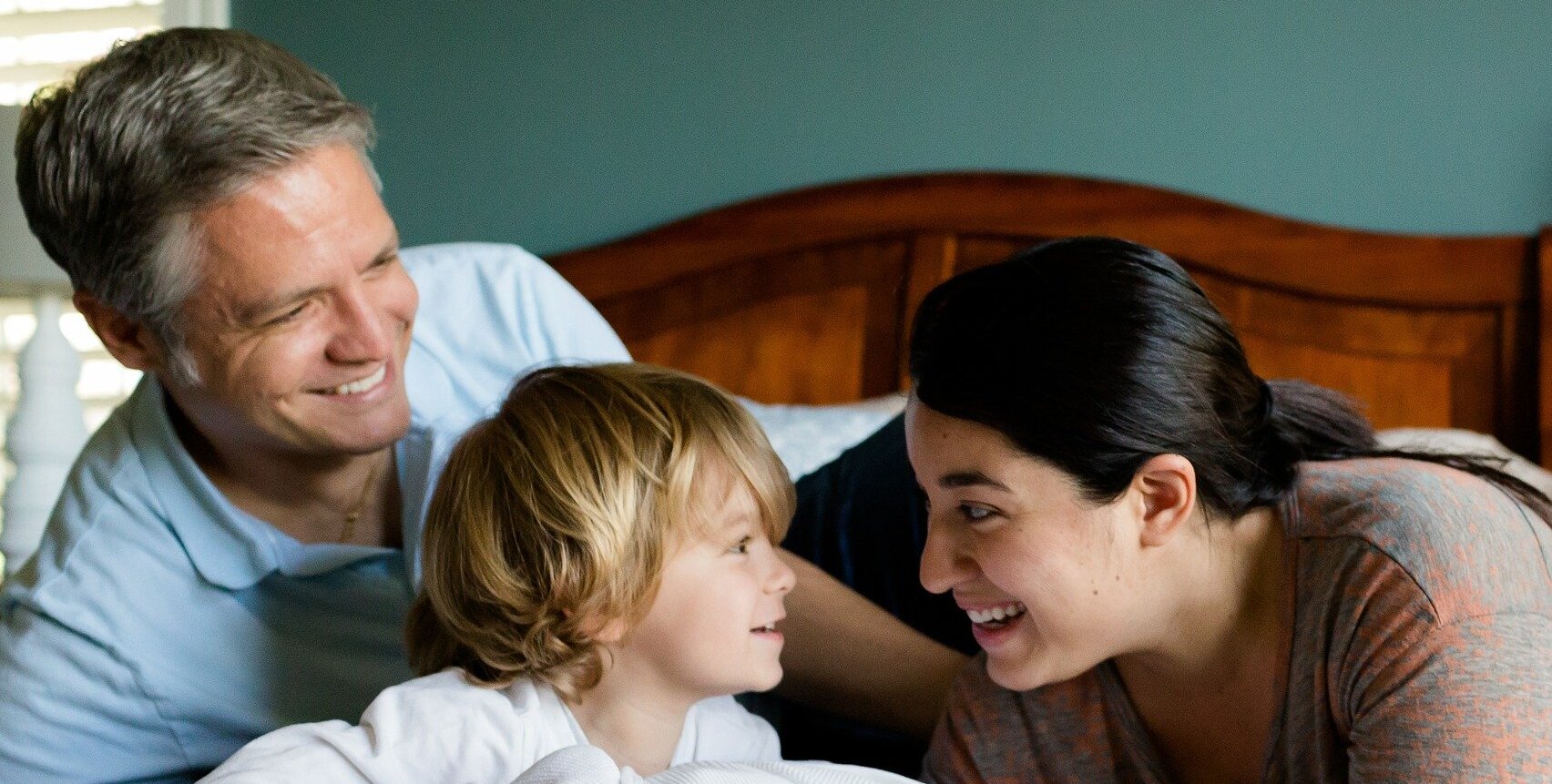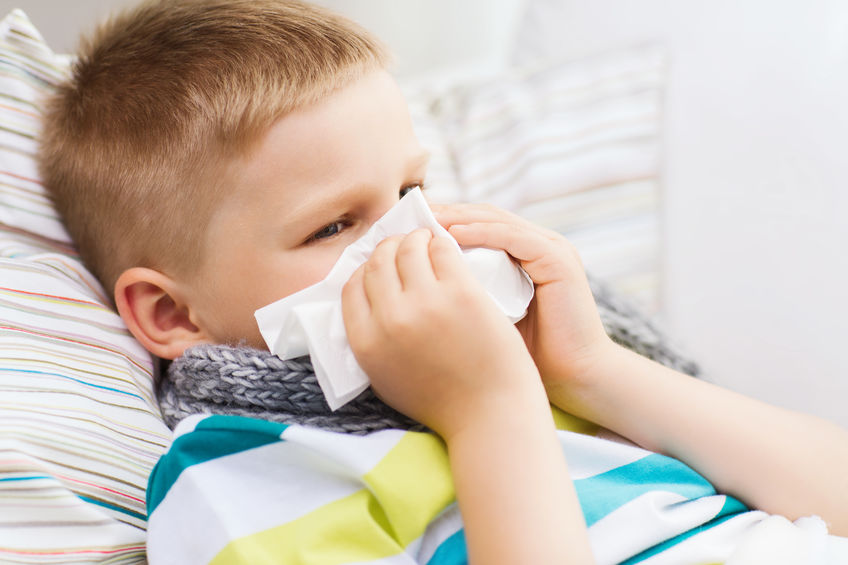In March 2020, the world changed as we knew it. As COVID-19 spread across the globe, families everywhere were urged to stay home, stay safe, and protect one another.
At first, it may have felt like a mini vacation to hunker down at home and fill your hours with game nights, movie marathons, and quality time together. But nearly a year later, the novelty of it all has probably diminished, and adults and children alike are looking forward to a return to normalcy with outings, playdates, and actual vacations.
Add to this that some of the coldest months of Nebraska are in full swing. Shorter days, less sunlight, and frigid weather can leave many feeling much less chipper than normal.
While the country is making significant progress in the fight against COVID-19, families are still stuck at home for a while longer — both due to the pandemic and cold. As a result, it might be tough to stay positive right now.
Mental Health Trends in the US During the COVID-19 Pandemic and Winter
- Nearly 80% of adults say the COVID-19 pandemic is a significant source of stress in their lives.
- Compared to 2019, mental health emergency department visits have increased by 24% among children ages 5 to 11 and by 31% among children ages 12 to 17 since the pandemic began.
- Many people feel particularly sad during winter, but around 5% of the population suffers from seasonal depression — 4 out of 5 of whom are women.
Sources: Mental Health America; American Psychological Association; Centers for Disease Control and Prevention
It’s safe to say that children, teens, and adults are all facing some unique and challenging times. While there is certainly a light at the end of this long, sometimes frustrating tunnel, it remains critical to pay attention to both your own and your family’s mental well-being.
Here are 5 ways to protect you and your family’s mental health during the pandemic this winter.
1. Try to keep life semi-normal with structure.
From businesses closing (and reopening) to winter storms to general uncertainty, it can sometimes feel like the world outside the walls of your house is a bit of a mess. While you can’t do much to change the pandemic or the weather, you can control what goes on inside your own household.
Children thrive on structure, even though they might claim otherwise sometimes. Structure creates certainty when other aspects of life are less certain, and it helps your family know what to expect.
Simple ways to maintain structure include:
- Developing and sticking to a general schedule each day, including mealtimes, bedtimes, and time for play
- Setting up designated locations for work and homework
- Getting dressed each day — whether or not you’re leaving the house
- Implementing weekly activities to look forward to, like family pizza night or game night
For both you and your family, consistency and reliability can make the world feel a little more normal in a not-so-normal time.
2. But have some fun, too.
Here’s the caveat — while maintaining structure is key, it’s also nice to spice things up every once in a while. Even though it’s cold outside, you can’t see many people, and activities are limited, you and your family still deserve some fun.
Try planning exciting activities such as:
- Creating an indoor obstacle course using items like hula hoops, tape, and cardboard boxes
- Braving the cold and going sledding or building a snowman after a snowstorm
- Building a fort and telling stories, watching movies, or reading books together inside
- Setting up a treasure hunt (like this one) complete with clues and a prize
- Doing art projects, such as paper bag puppets or homemade slime
- Cooking kid-friendly and creative recipes together, like a pizzadilla (the combination of pizza and a quesadilla)
3. Get moving as a family.
Yes, it’s cold outside. And yes, you still need to avoid seeing people other than your family. But that doesn’t mean you get to forego exercise — a key part of staying mentally healthy.
Exercise can:
- Lower stress and anxiety
- Reduce fatigue
- Enhance concentration
- Improve sleep
- Boost self-esteem
Exercise can be a great family activity. Whether you go for a family walk, do a workout video together, or throw a dance party in the living room, make sure your family knows how important it is to get moving.
Learn more about exercise recommendations for children and staying active during the winter.
4. Choose positivity — but acknowledge that things are difficult right now.
Maintaining a positive outlook is always important, but you may need to put a little more energy into doing so for the time being.
One way to do that is to make a habit of identifying what you’re grateful for. Ask your family what they are thankful for each week, and discuss during a family dinner. Or, encourage your family to respond in a gratitude journal on their own.
At the same time, recognize that the world isn’t normal right now — and it hasn’t been for quite some time. Feelings like stress, fear, grief, and uncertainty can take a toll on anyone’s mental state, and children and teens may need extra help navigating these feelings.
Check in with your children regularly. Ask them how they are feeling, and listen to what they have to say. Remind them that it’s okay to feel sad, frustrated, or upset.
Remember, because younger children may not know how to talk about these feelings, and older children may not want to, keep an eye on them. Note changes in their behavior, such as:
- Trouble sleeping
- More frequent temper tantrums
- Changes in eating patterns
- Loss of interest in activities they previously enjoyed
- Unusual mood changes
If you have any concerns about your child’s mental well-being, reach out to your child’s pediatrician. They can screen for depression and anxiety as well as offer other ways to support your child.
5. Remember that this won’t last forever.
Just as winter will eventually turn to spring, the pandemic will become a thing of the past one day — but not quite yet. Remind your child (and yourself) that healthcare experts and government officials are working hard to put the COVID-19 pandemic behind us, and patience is crucial.
As for the cold winter months, you’ll be able to enjoy warm weather soon. For now, enjoy the extra time inside with family — and maybe an extra cup of hot cocoa, too.
Are you concerned about your child’s mental health during the winter, the COVID-19 pandemic, or both? Contact their pediatrician for support navigating this challenging time.



